Description
ABSTRACT
Domain Names and Cybersquatting: Implications for Trademarks in Nigeria
Joseph Onele* and Emmanuela Onyilofor**
With the passing of the Cybercrimes (Prohibition, Prevention, Etc) Act 2015 which criminalises cybersquatting, Nigeria has joined the train in adapting a trademark protection framework to the exigent demands of participating in the network of computers on the Internet. This is particularly welcome on account of the vulnerable nature of Nigeria’s cyberspace borders. The feasibility of an action for trademark infringement provided for a trademark owner by statute or under common law against a cybersquatter, however, continues to provide a fertile ground for controversy. This article examines the concept of cybersquatting within the context of Nigerian law; the appropriateness of an action for trademark infringement or passing off in the event of a dispute arising from the use of domain names; and the criminalization of cybersquatting in Nigeria as well as the civil remedies available for cybersquatting in Nigeria.
Keywords: Domain names, Cybersquatting, Cybercrimes, Internet, Intellectual Property.
INTRODUCTION
The advent of cyberspace presented the world with endless commercial possibilities which, quite unsurprisingly, invoked descriptions of the Internet as the future of commerce and the largest electronic resource in existence.1 Along with this ‘cyberspatial explosion’2 arrived new challenges for corporate entities, such as computer hacking and threats to individual and corporate intellectual property. The Domain Name System (DNS) for accessing web pages in particular, presented a new and pressing legal issue, akin to the old practice of unauthorized trade mark registrations in advance of the true owner of a mark.3
* Partner, Primus Grace LP, Lagos, Nigeria.
**LL.B, BL, Master in International Affairs (Global Security) Candidate at the Graduate Institute of International and Development Studies, Geneva, Switzerland.
- See A Terret, ‘A Lawyers Introduction to the Internet, in Law and the Internet: Regulating Cyberspace’ in L Edwards and C Waelde (eds) Law and the Internet: Regulating Cyberspace (Hart Publishing, 1997) 67-93; see also Charlotte Waelde, ‘Trade Marks and Domain Names: There is a lot in a Name’ in Lilian Edwards and Charlotte Waelde (eds) Law and Internet: A Framework for Electronic Commerce (2nd edn, Oxford University Press, United Kingdom, 2000) 171 cited in M Ahmadu ‘The Legal Aspects of Electronic Government in Pacific Island Countries: A Reflection’ (2009) 13(1) Journal of South Pacific Law accessed 18 June 2018
- Neil Macewan, ‘The Computer Misuse Act 1990: Lessons From its Past and Predictions for its Future’ [2008] Criminal Law Review 956
- See A Terret and I Monaghan, ‘The Internet – An Introduction for Lawyer’ in Lilian Edwards and Charlotte Waelde (eds) Law and Internet: A Framework for Electronic Commerce (2nd edn, Oxford University Press, United Kingdom, 2000)

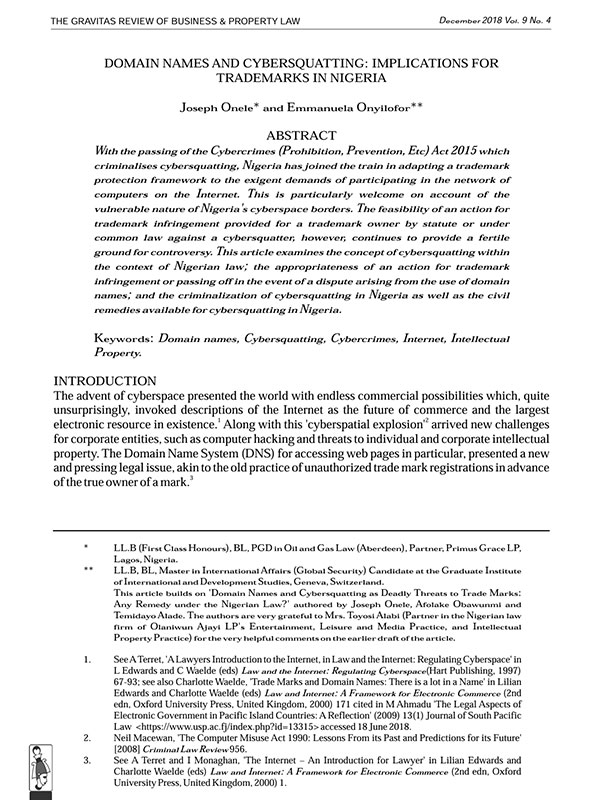
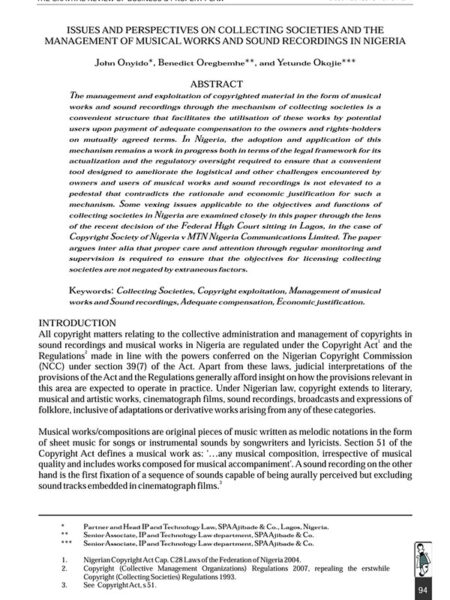
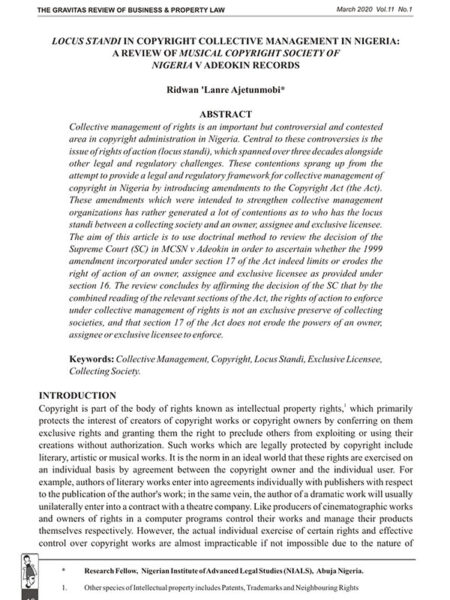
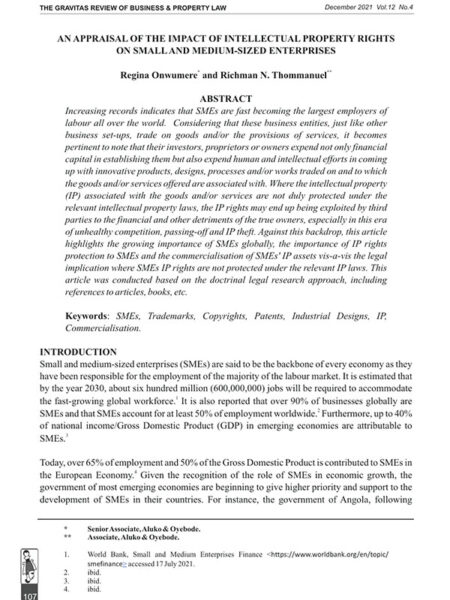
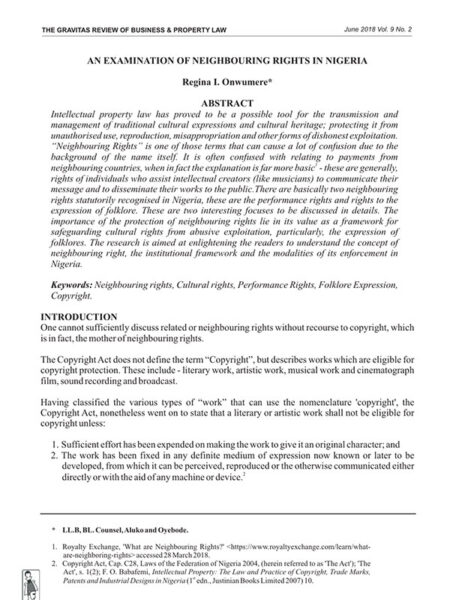


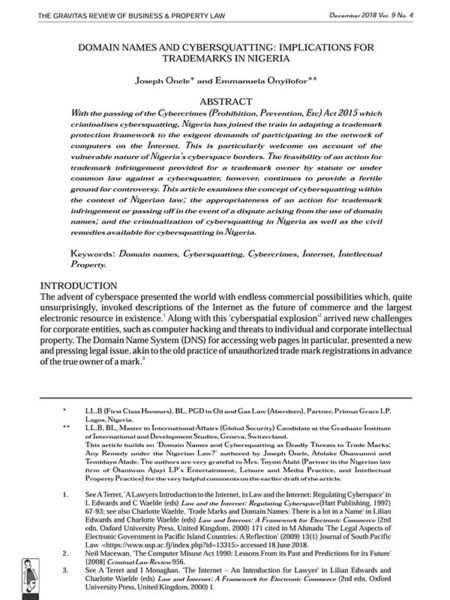
Reviews
There are no reviews yet.